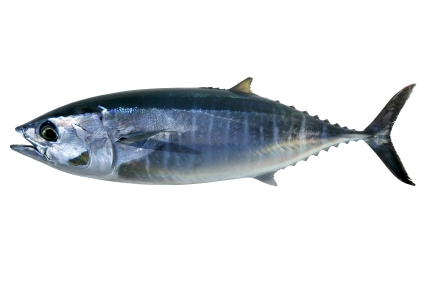
by Dr. Michael Murray | Mar 24, 2014 | Natural Facts
When you can’t sleep, the temptation to pop a sleeping pill is strong. But did you know you could be risking your life? There’s a large body of research indicating that sleeping pills may contribute to as many as 500,000 deaths each year in the United States....

by Dr. Michael Murray | Mar 11, 2014 | Natural Facts
Introduction: Elevated blood pressure (high BP) or hypertension is a major risk factor for a heart attack or stroke. In fact, it is generally regarded as the most significant risk factor for stroke. More than 60 million Americans have high BP, including more than half...

by Dr. Michael Murray | Feb 18, 2014 | Natural Facts
Introduction Consumption of fruits and vegetables is linked to a decreased risk for virtually every chronic degenerative disease. In particular, there is considerable evidence for protection against cardiovascular disease (CVD). Because of the many health benefits of...

by Dr. Michael Murray | Feb 11, 2014 | Natural Facts
Introduction It is often amusing reading news accounts of nutritional research or the benefits of natural therapies. For most rational minded folks with even a moderate amount of common sense, it seems obvious that since the brain is the most metabolically active...

by Dr. Michael Murray | Feb 4, 2014 | Natural Facts
Introduction: Dry eye syndrome (DES) or reratoconjunctivitis sicca is a very common eye disease characterized by eye dryness caused by either decreased tear production or increased tear film evaporation. DES affects 5 – 6% of the general population, but its...

by Dr. Michael Murray | Jan 19, 2014 | Natural Facts
Introduction Alzheimer’s disease (AD) is a degenerative brain disorder associated with progressive deterioration of memory and cognition. In North America, AD occurs in about 20% of individuals in the 75–84 years group and 42% people older than 84 years old. These...









